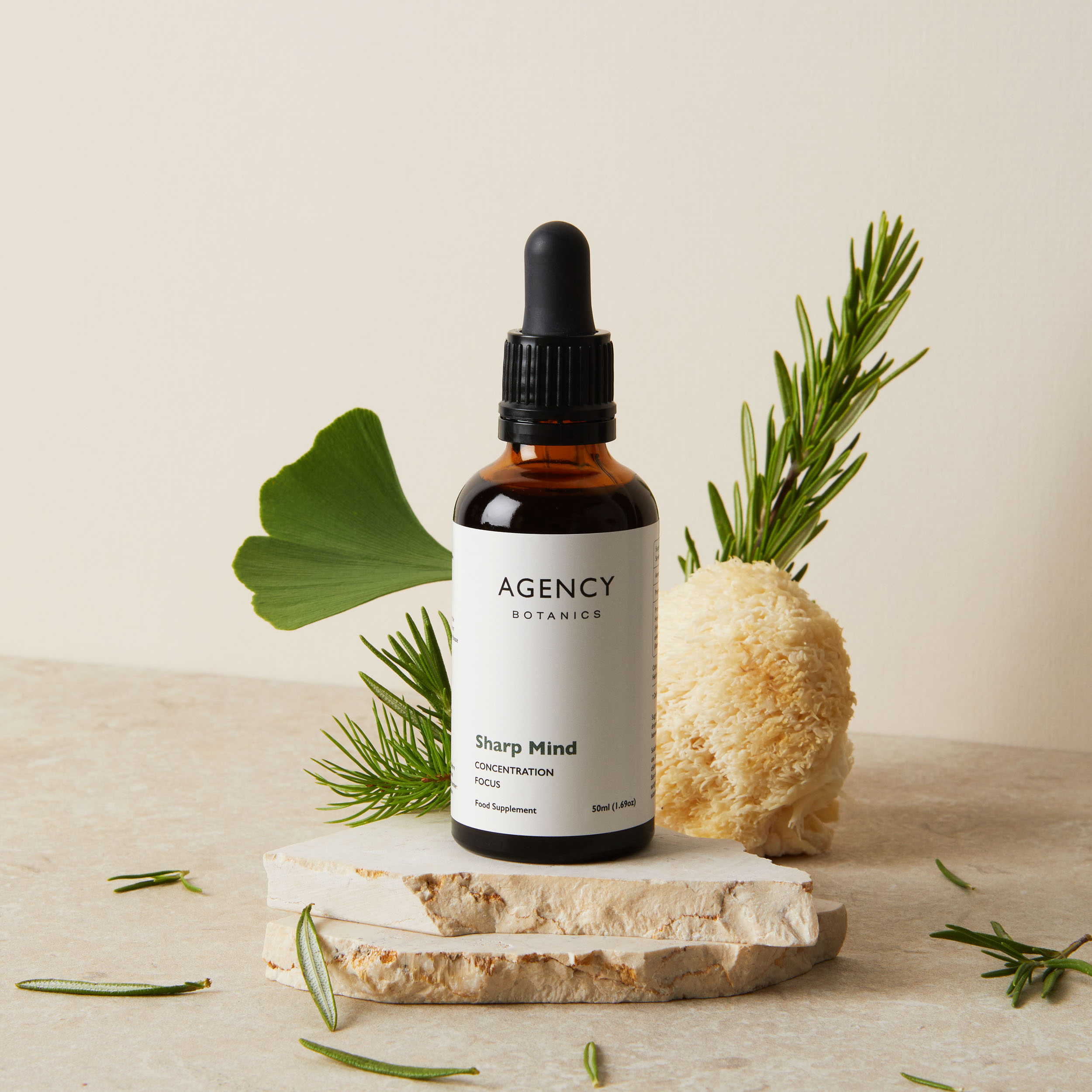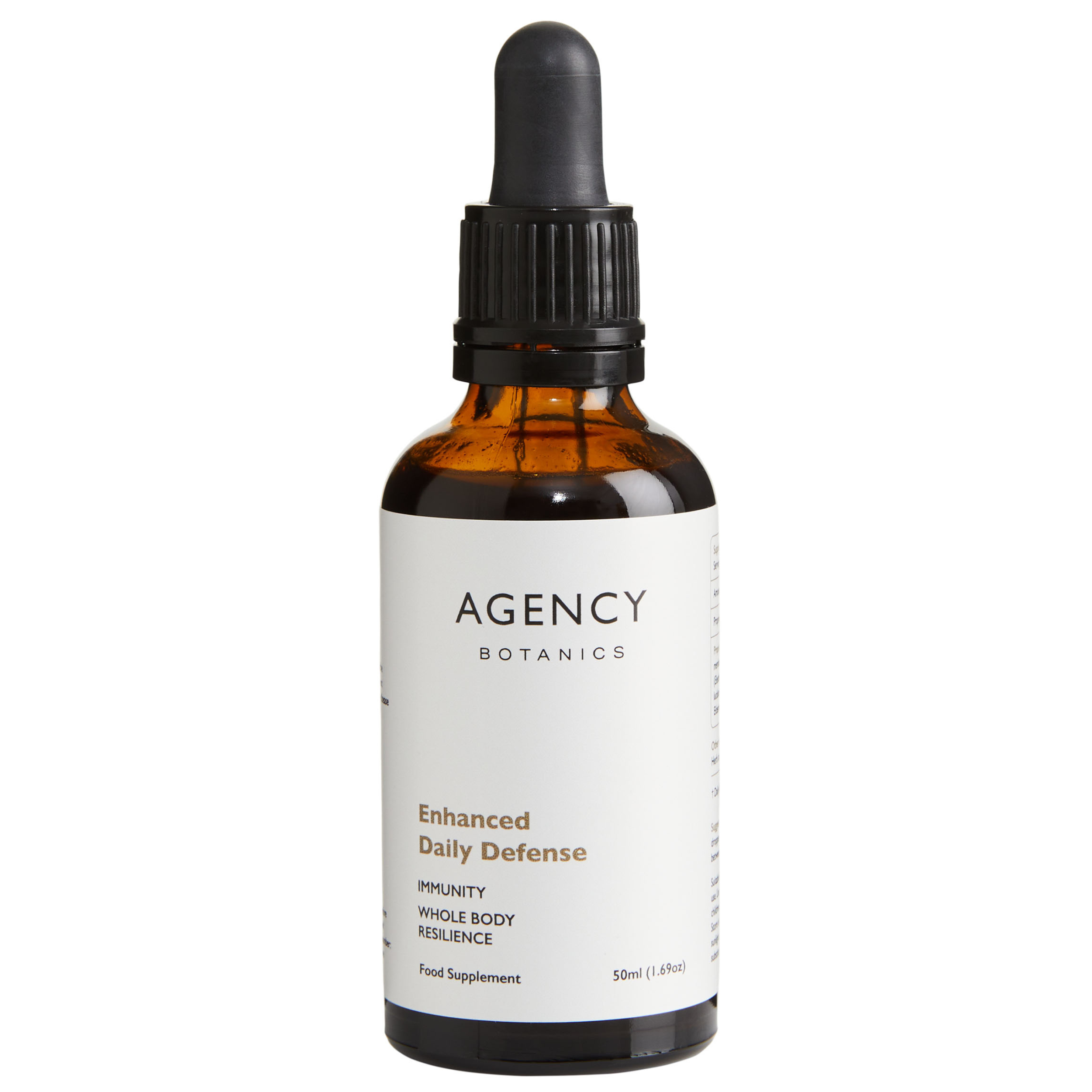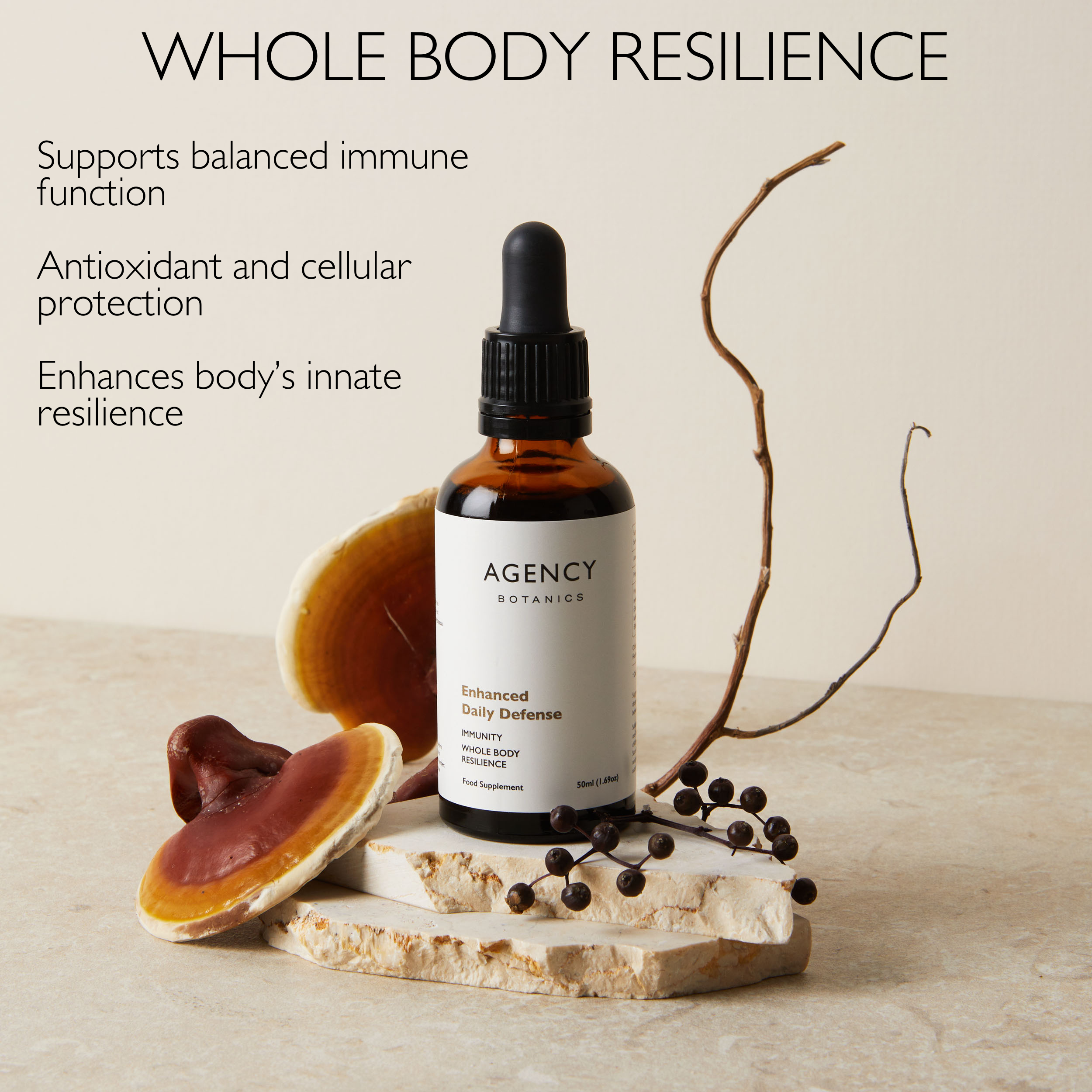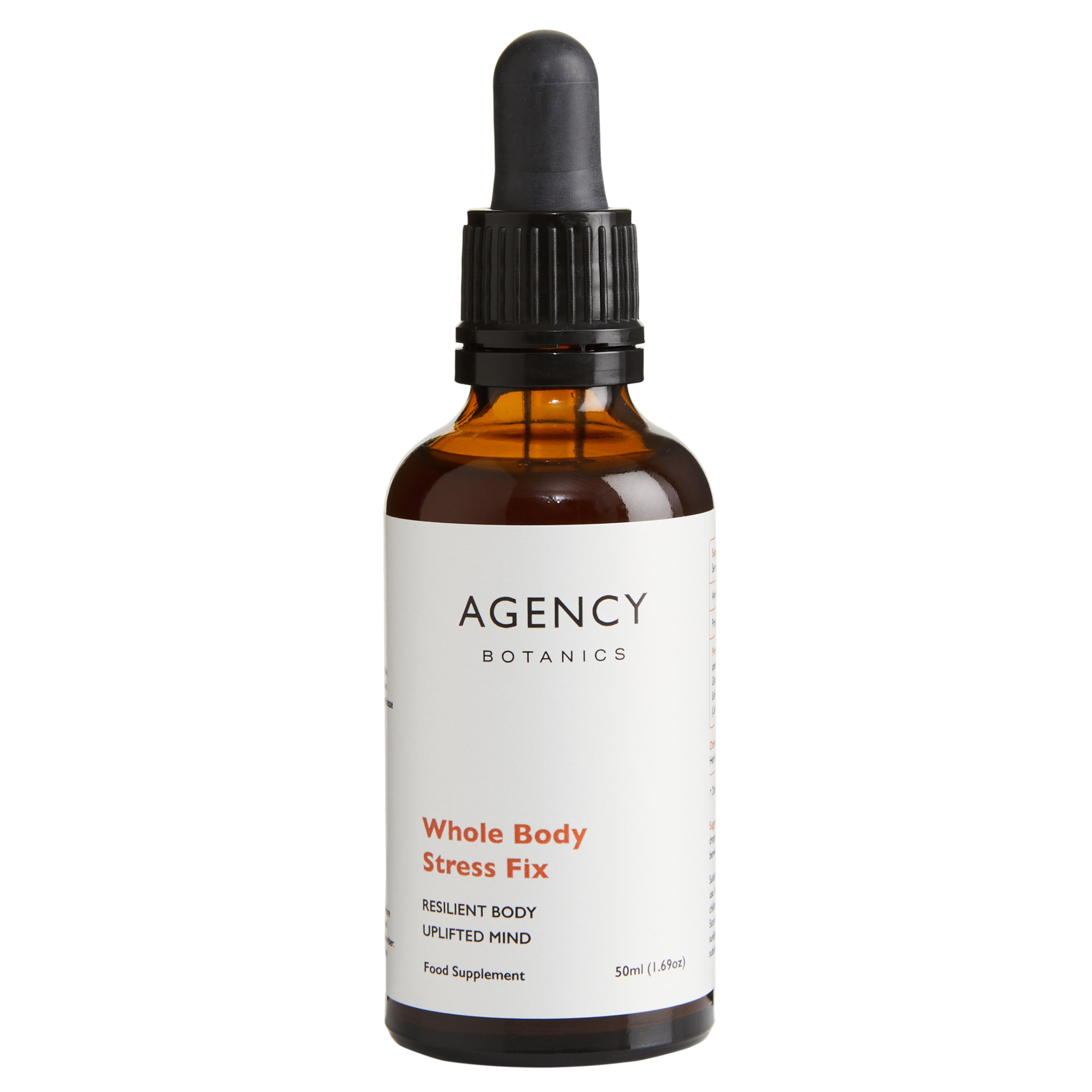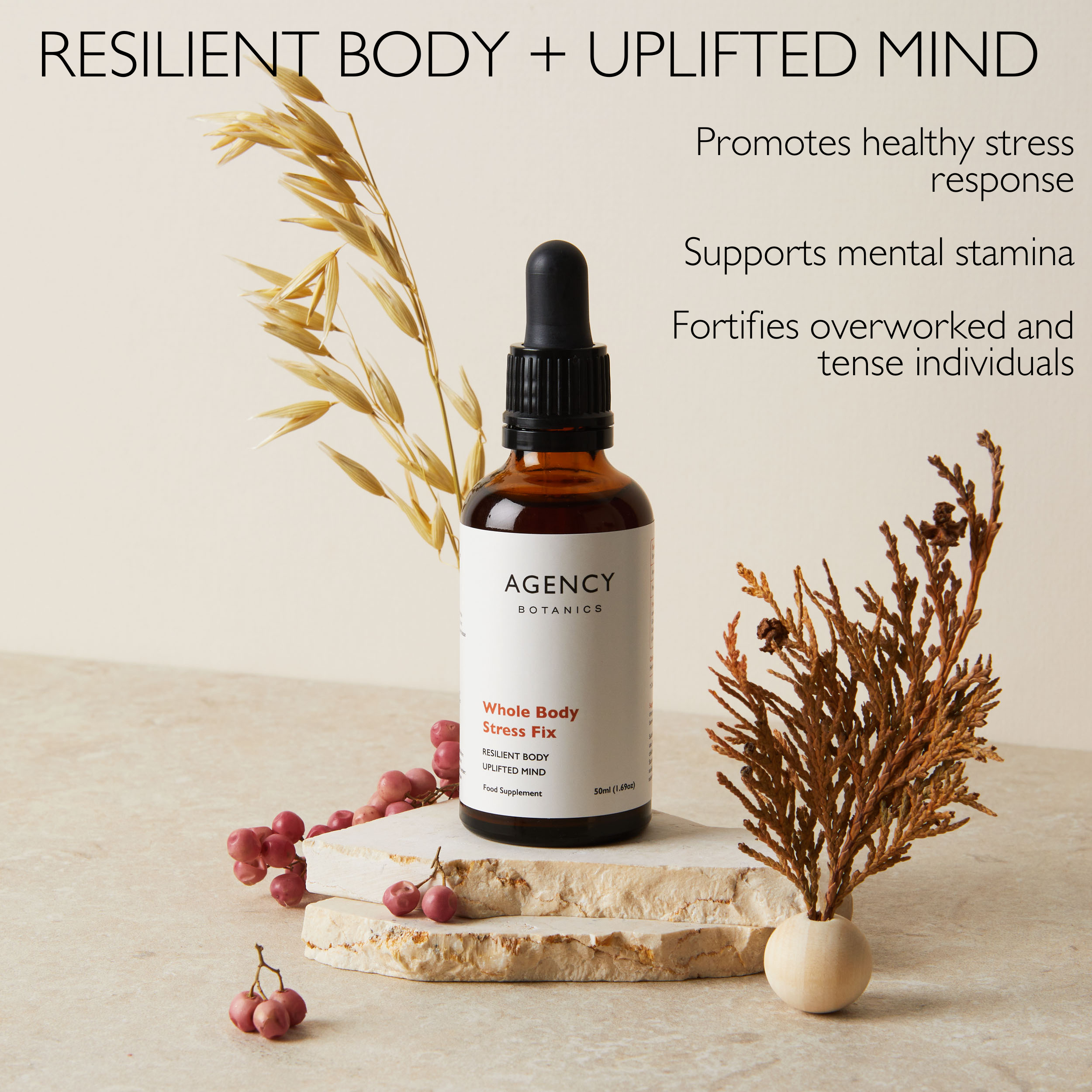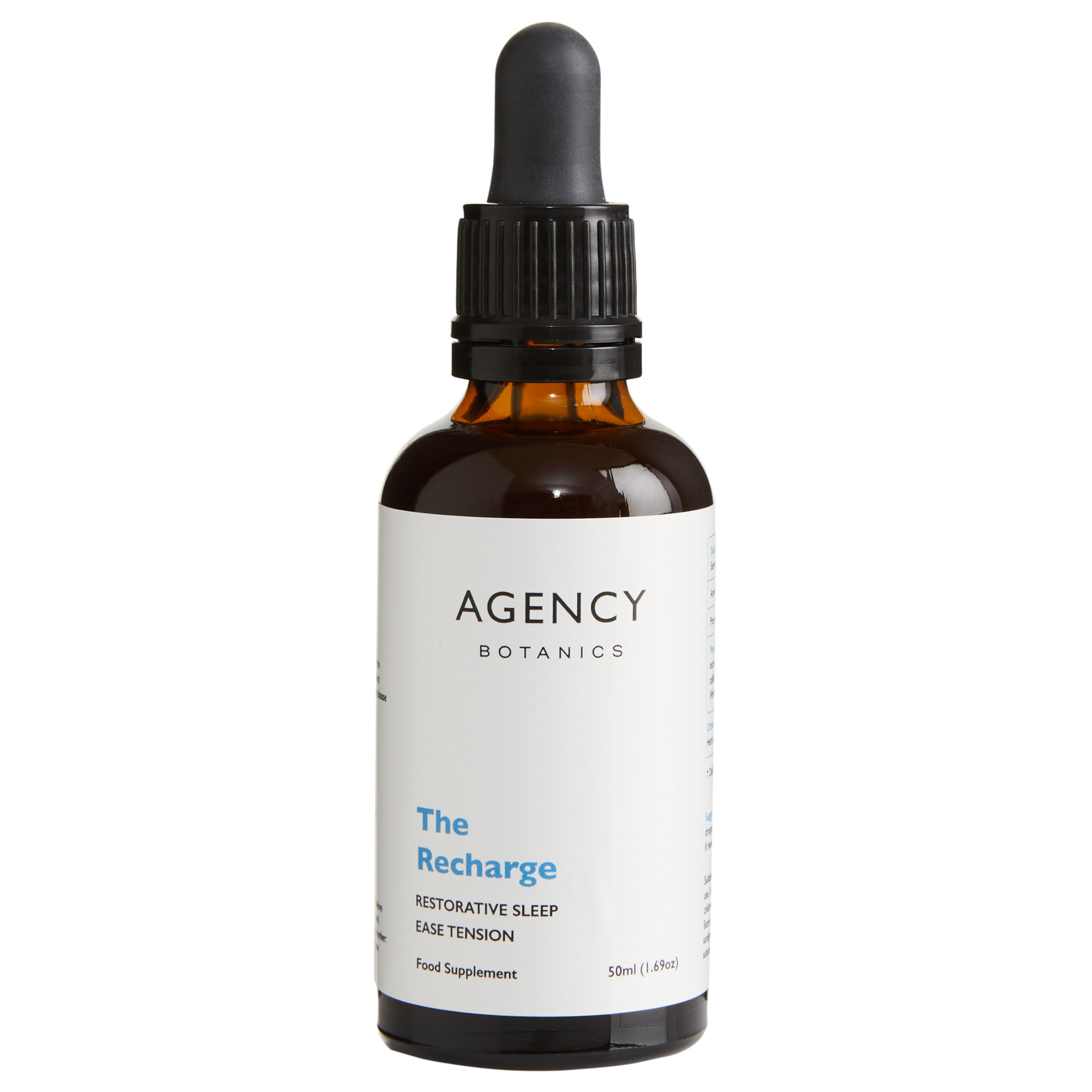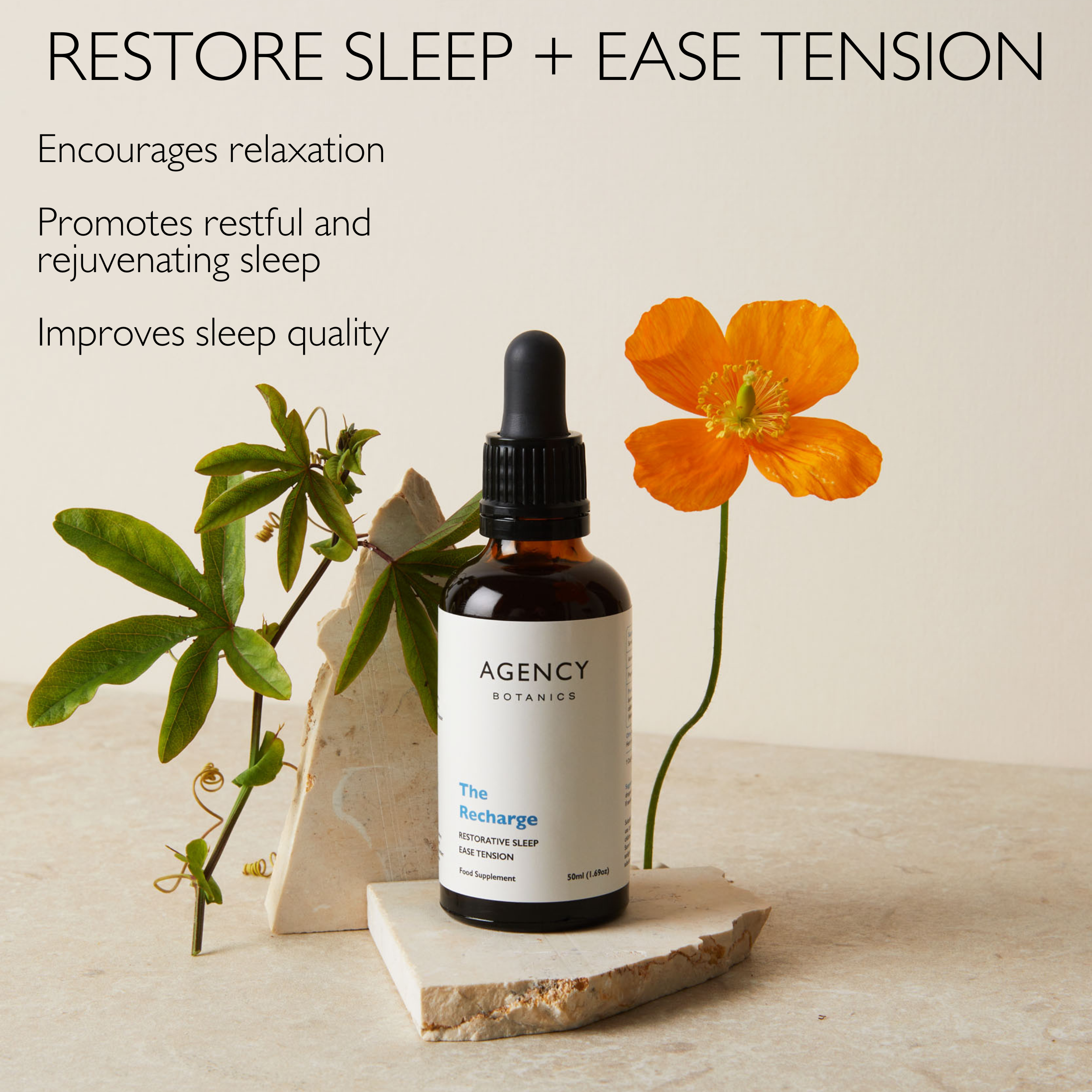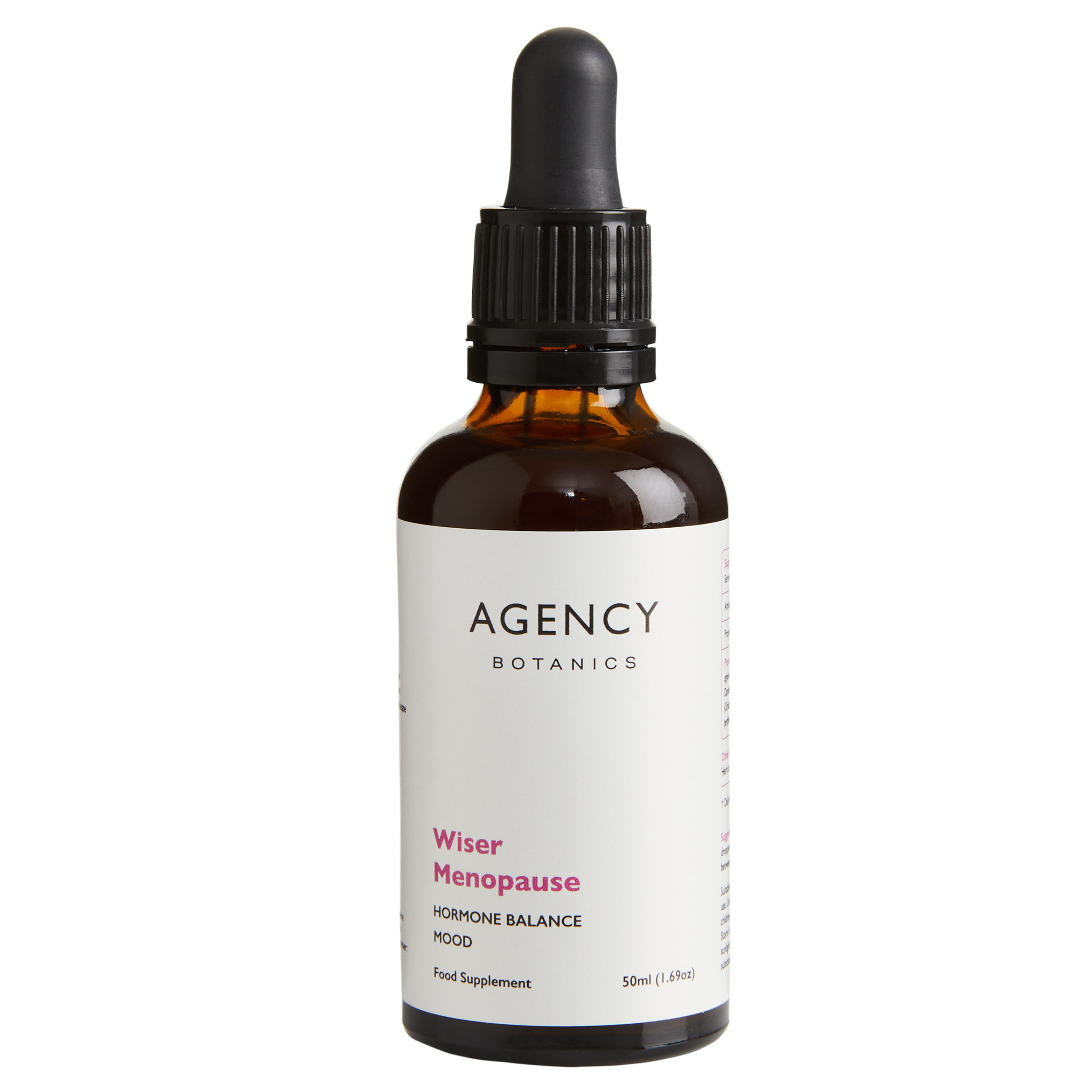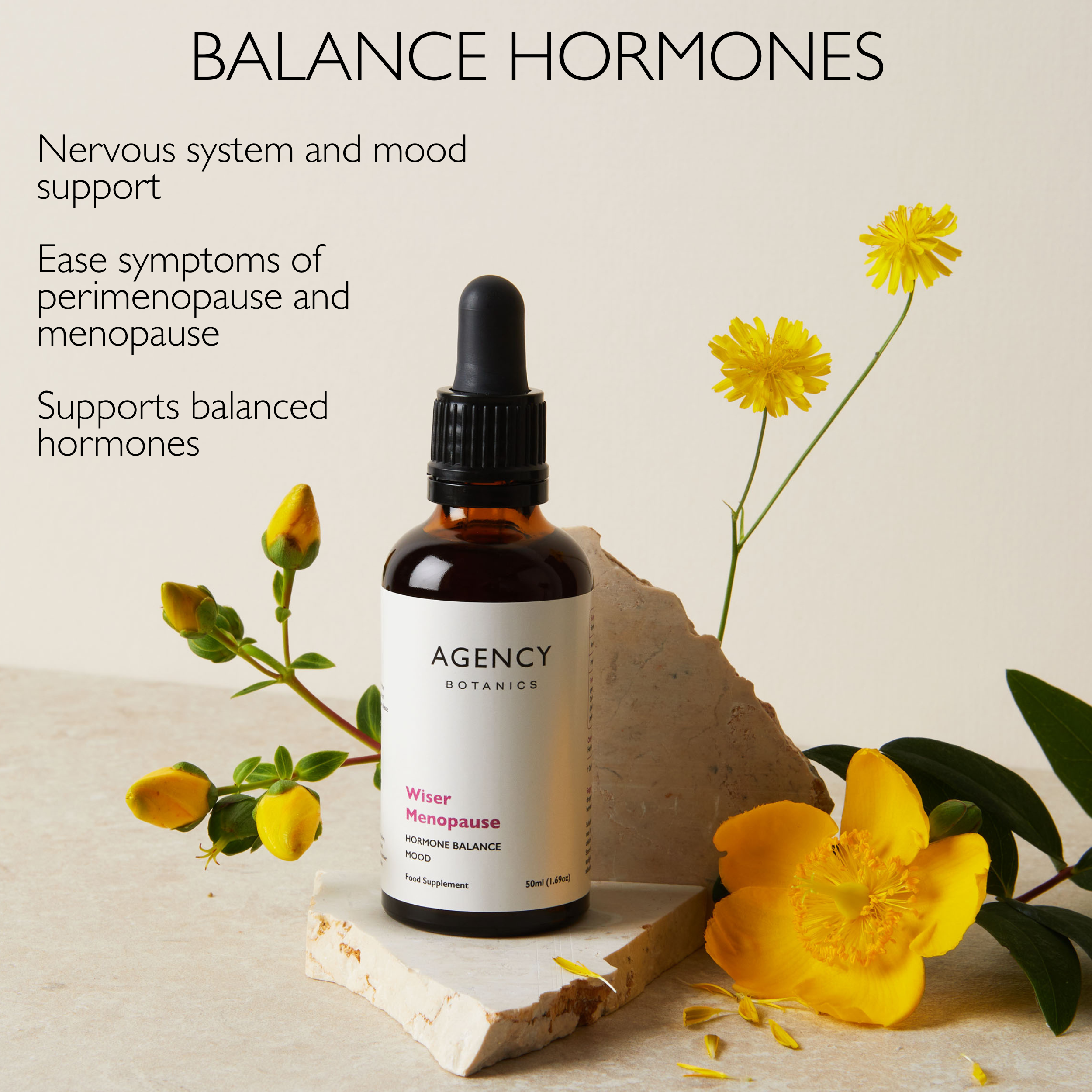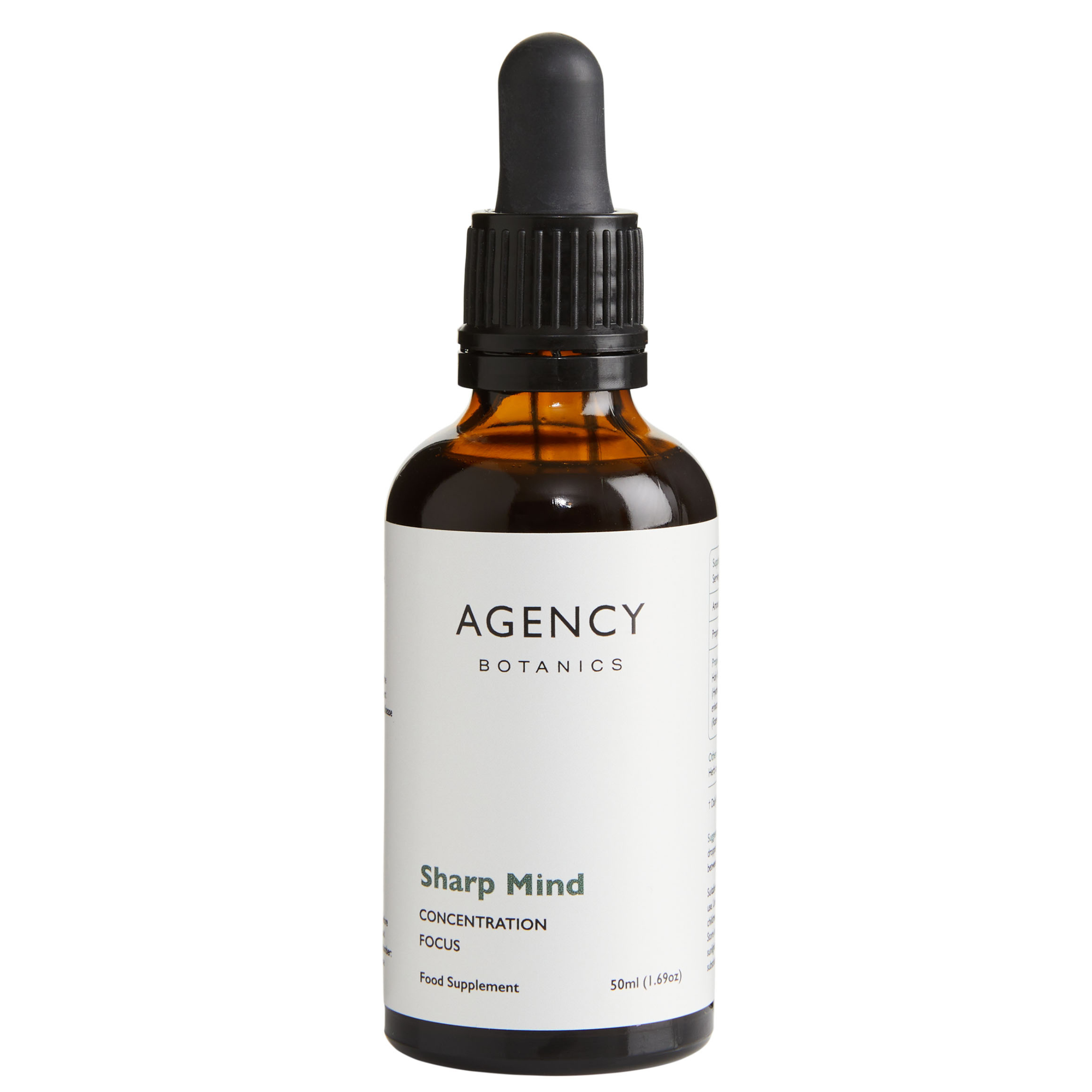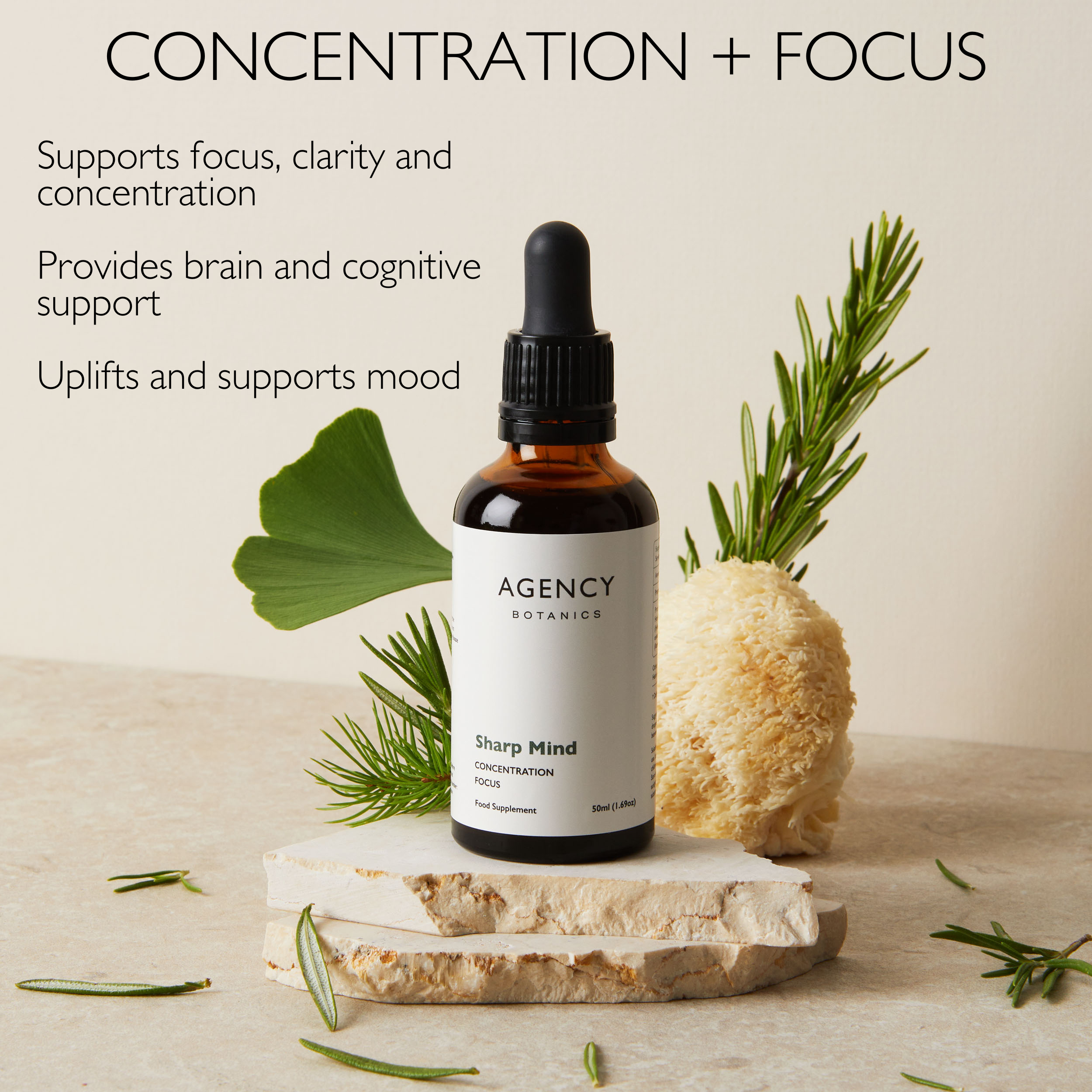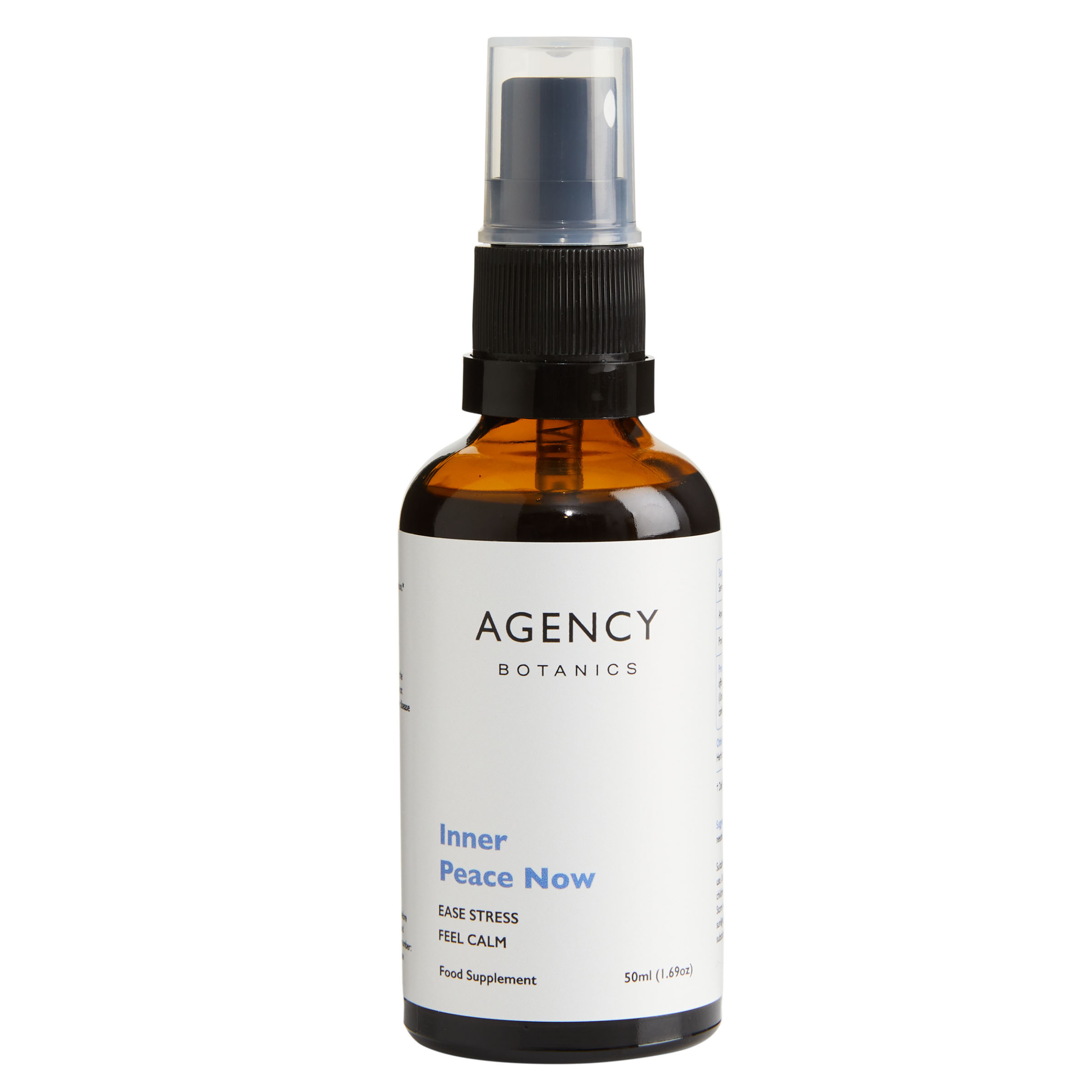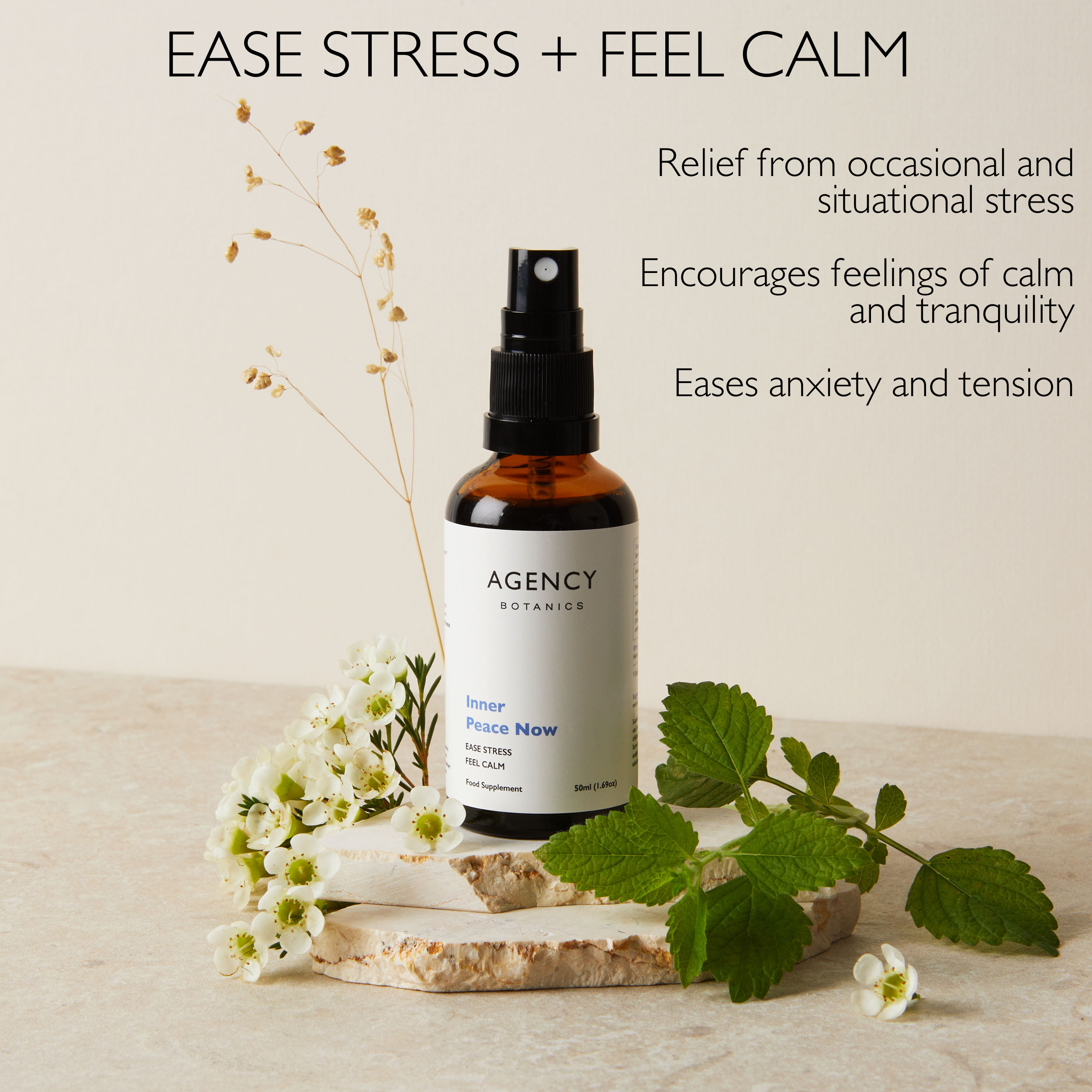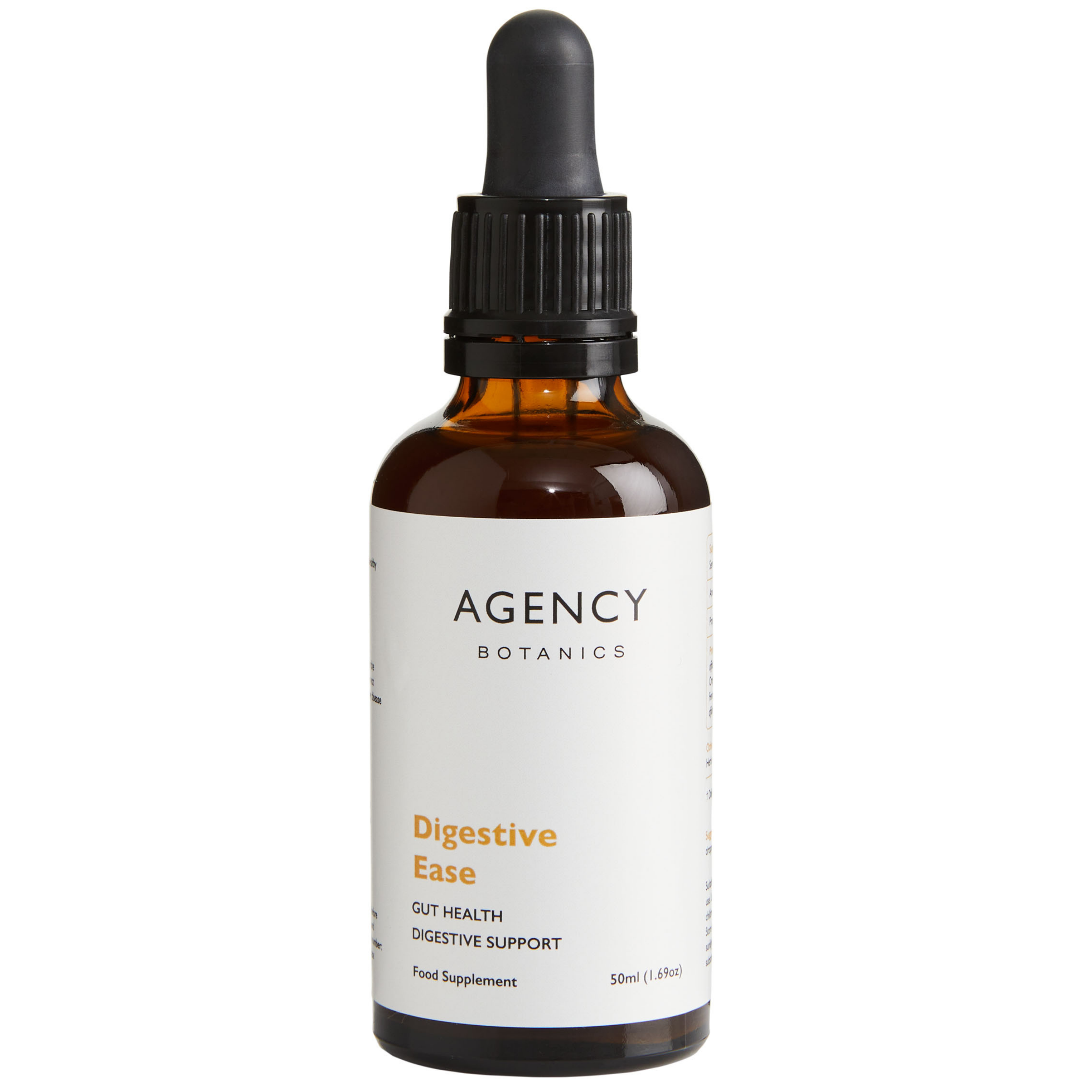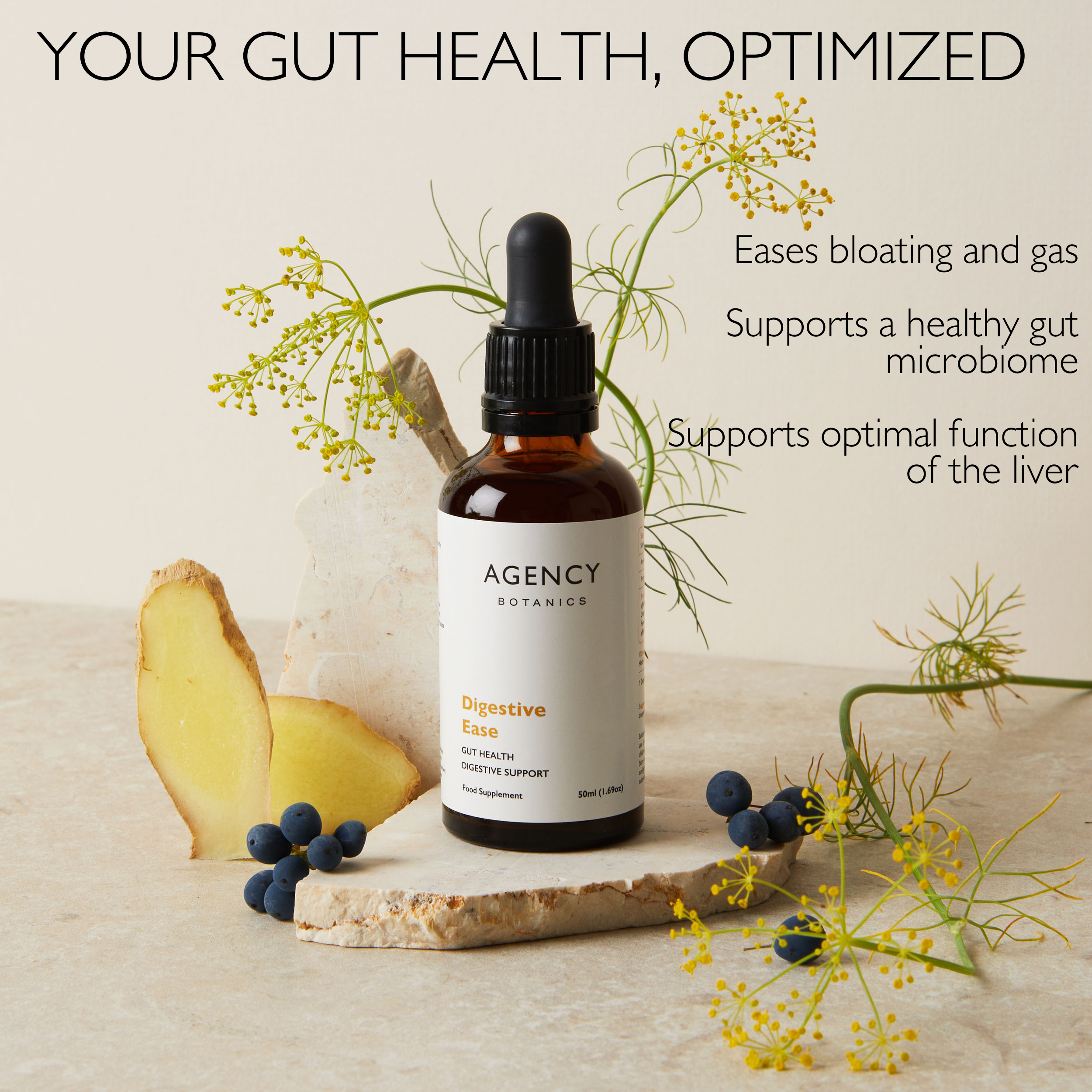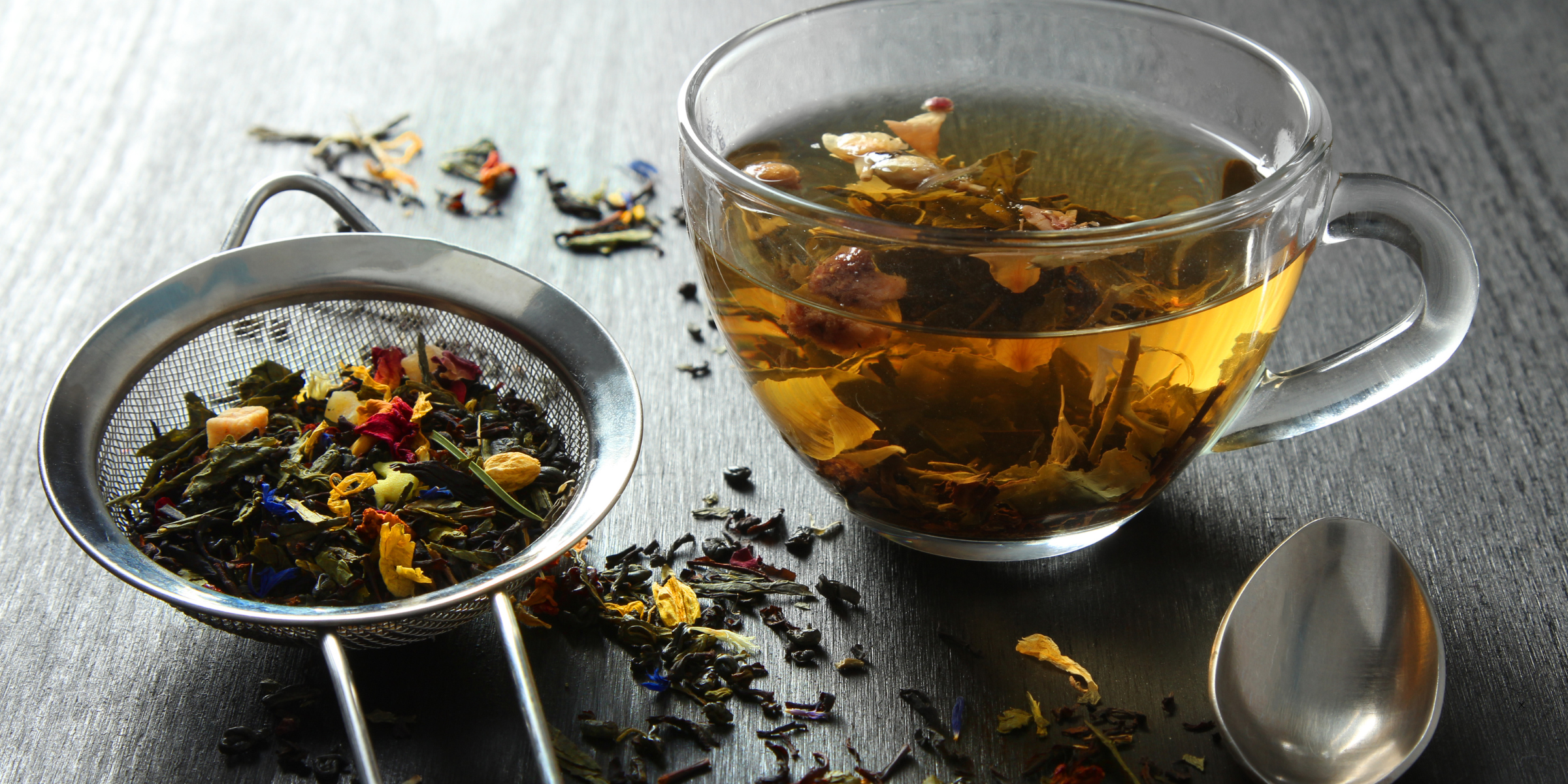
Don't Skip Omega-3s for Glowing Skin
Omega-3 fatty acids shouldn't be ignored when it comes to skin health because not only do they play an integral part in whole body health, but they are a foundation for healthy, resilient and glowing skin.
There are three main types of omega-3 fatty acids: eicosapentaenoic acid (EPA), docosahexaenoic acid (DHA), and alpha-linolenic acid (ALA). Research shows that EPA supports healthy inflammatory and immune function, while DHA supports healthy brain development and function.
EPA and DHA come mainly from fish, some algae, walnuts, and chia, hemp and flax seeds. ALA is the most common omega-3 fatty acid in most Western diets and is found in vegetable oils and nuts.
Why are omega-3s key for health?
Omega-3s support overall health and wellness, including brain function, vision, inflammation, immunity, heart and lung health, metabolic health and during pregnancy.
They are important components of the membranes that surround each cell in the body and affect the function of cell receptors in all cell membranes. DHA levels are especially high in the retina, brain, and sperm cells. They help to regulate blood clotting, contraction and relaxation of artery walls, and inflammation and may help prevent heart disease and stroke and help to control some autoimmune conditions.
Omega-3s have an important role to play in chronic inflammation. Studies show that they decrease substances the body releases during an inflammatory response that can lead to a chronic health conditions. Prolonged stress leads to inflammation, so individuals who experience chronic stress should consider supplementing with omega-3.
What is the role of omega-3 in skin health?
Omega-3s are a key nutrient for healthy skin at any age. Foods rich in omega-3 and specifically EPA and DHA have anti-inflammatory properties that help to reduce inflammation, redness, itchiness, and irritation. They can be helpful in conditions such as eczema, acne, and psoriasis.
They can greatly benefit aging skin in two ways: through helping to maintain a resilient skin barrier and through controlling inflammation. Fatty acids are a part of the skin’s lipid layer and help build a healthy skin barrier. When the skin’s barrier is compromised, skin can become rough, dry, irritated, and sensitized. A compromised skin barrier contributes to premature aging and fine lines, because the skin can't hold onto enough water. The skin needs healthy lipids to stay smooth, hydrated, and plump.
Second, inflammation in the body is the most widely accepted theory of aging, including aging of the skin. Omega-3s could play a role in mitigating the signs of aging because they inhibit the inflammatory compounds that contribute to the aging process.
Omega-3 fatty acids help:
- Improve barrier function
- Control inflammation in the skin
- Promote skin healing
- Help skin retain moisture
- Minimize signs of premature aging
Many people struggle with hyperpigmentation, which is a common condition that makes some areas of the skin darker than others. Hyperpigmentation can be caused and exacerbated by hormonal changes like pregnancy, perimenopause, and menopause, as well as UV exposure, skin trauma, age, and some medication,
Omega-3 and especially EPA and DHA have been shown to inhibit melanin production which may help reduce pigmentation due to UV exposure. They can also help in cases of hyperpigmentation due to skin trauma, because they help to speed up wound healing and reduce inflammation.
Sources of omega-3
Fish
While we can make most other fats that our bodies need from the foods we eat, omega-3s need to be acquired from our diet; and chances are, most people are probably not getting enough. Deficiency in omega-3 fatty acids can show up as dry hair and skin, brain fog, difficulty in concentration, joint stiffness and other nonspecific symptoms.
Algae oil
Nuts and seeds
Agency Botanics and its materials are not intended to treat, diagnose, cure or prevent any disease. All materials on Agency Botanics are provided for educational purposes only. Always seek the advice of your physician or another qualified healthcare provider for any questions regarding a medical condition, and before undertaking any diet, exercise, or other health-related programs.

